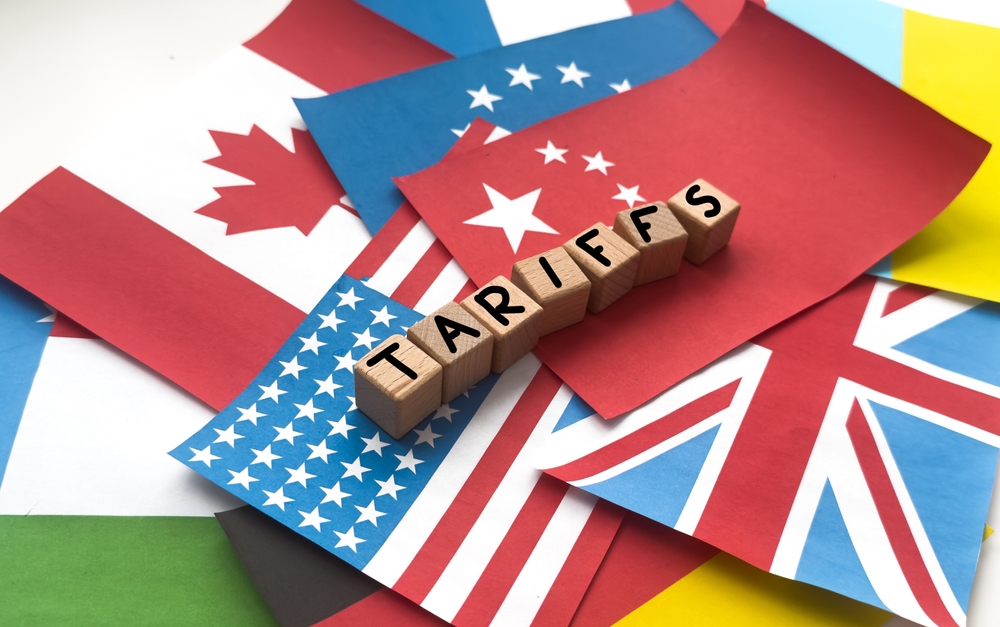January 20, 2026
Envy Economics: Why Aquinas and Maimonides Explain Class Warfare Better Than Marx
Political rhetoric surrounding wealth and inequality increasingly reveals an emotive posture rather than an economic argument, since public discourse now treats success as a moral provocation and prosperity as a form of quiet aggression. Continue Reading...









